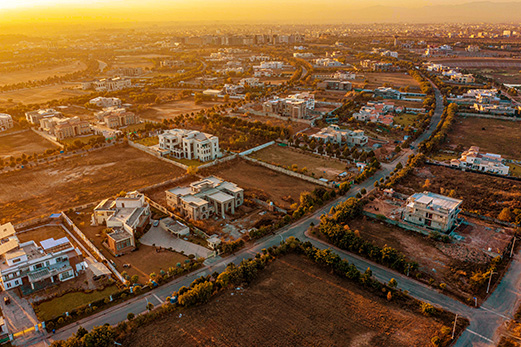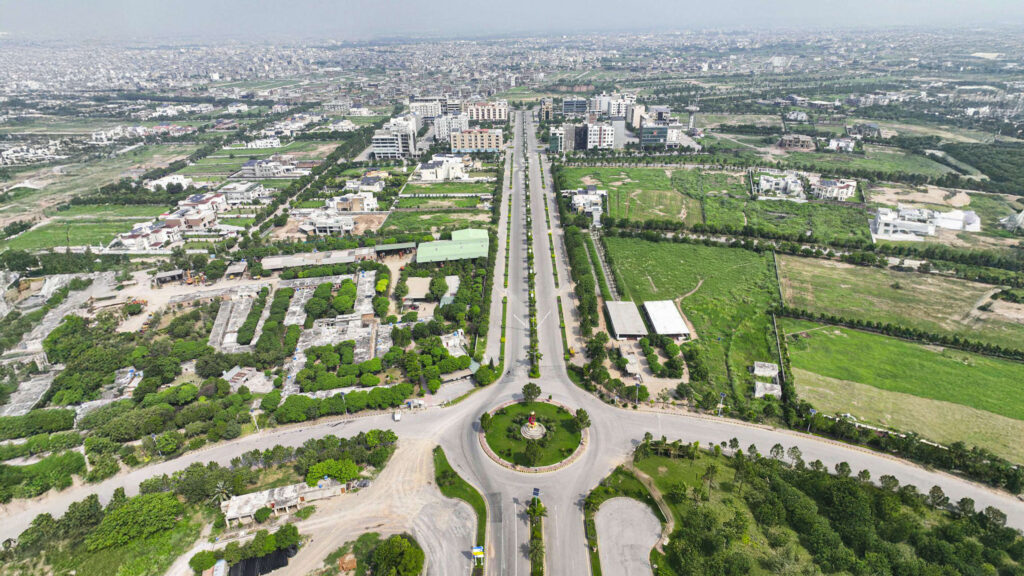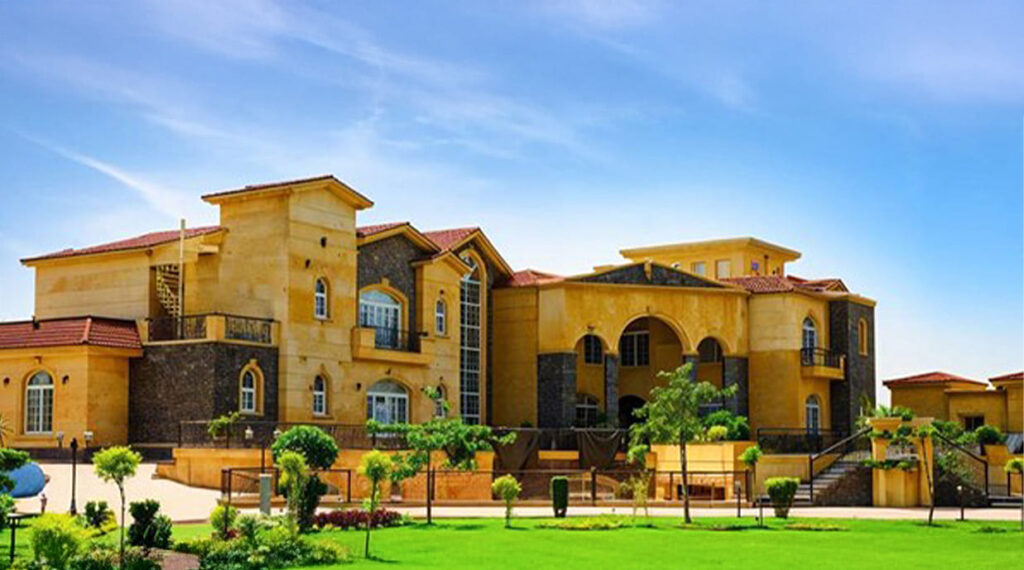That’s right — Pakistan has just been ranked as the second-best emerging economy in the world for financial stability by Bloomberg. For a country that’s been through so many ups and downs, this recognition feels like a fresh breeze of optimism. It tells the world that the stability of the financial system of Pakistan is improving — not just through promises, but through real, visible progress.
Let’s break down what’s changed, why it matters, and what these numbers say about Pakistan’s economic direction.
Pakistan’s Rise Among Global Emerging Markets
Pakistan has faced some challenging years — marked by high inflation, declining reserves, and shaky investor confidence. However, Bloomberg’s recent analysis ranks Pakistan among the top performers in global emerging markets, just behind a few stronger economies. The ranking is based on improvements in Credit Default Swap (CDS) trends, sovereign default risk, and overall macroeconomic stability.
Pakistan’s CDS, reflecting investors’ perception of the country’s risk, fell by roughly 2,200 basis points in 2024, one of the sharpest decreases across emerging economies. Investors now consider Pakistan substantially less likely to default on its debt.
Simultaneously, the Pakistani Rupee has stabilised in part as a result of limited spending and increased fiscal control. That’s also boosting investor confidence, as foreign inflows begin to increase once more.
Even the largest credit rating agencies have taken note. Highlighting better fiscal management and outside balances, Fitch Ratings moved Pakistan from CCC+ to B- in April 2025. Likewise, in July 2025, recognising lower default risk, S&P Global elevated Pakistan’s rating to B- (Negative Outlook). These enhancements indicate clearly, on the international scene, Pakistan is re-establishing its financial integrity.
The Role of IMF Programme and Structural Reforms
Now, let’s be honest — this turnaround didn’t just happen overnight. Pakistan’s ongoing International Monetary Fund (IMF) Programme has played a key role. It demanded tough measures: cut unnecessary spending, collect more revenue, and control borrowing. Painful at first, yes, but absolutely necessary.
Those efforts are showing results. The fiscal deficit — once nearly 7% of GDP — is now projected to fall to about 6% in FY25, according to Fitch. Meanwhile, the primary surplus (a measure of fiscal health) has improved to over 2% of GDP, a big jump from the previous year. Even government debt is shrinking — from 75% of GDP in FY23 down to around 67% in FY24.
Although these numbers might sound technical, Pakistan is learning to live within its means. More intelligently, the nation is making more through taxation and less on borrowed funds. Instead of temporary help, these structural changes are creating a basis for long-run stability.
Current Account Deficit: Shrinking Fast

One of Pakistan’s biggest headaches has always been the current account deficit — basically the gap between what we spend on imports and what we earn from exports and remittances. But here’s the good news: that gap is closing fast.
Down from US$3.3 billion in FY23, Pakistan’s current account deficit fell to US$681 million in FY24—a remarkable 79% improvement and the lowest level in 13 years. Percentage-wise, it now accounts for just 0.2% of GDP as opposed to 1.0% the previous year.
Increased exports (up roughly 12%) and unprecedented remittances, which rose 11% to reach US$30.2 billion, contribute in part to this success. Even the July 2024 deficit was only US$162 million, evidence of a regular upward trend.
Smaller deficits mean less pressure on the rupee and greater reserves. Simply said, the economy is starting to breathe a little easier.
Credit Default Swaps and Investor Sentiment
You’ve probably heard the term Credit Default Swap (CDS) popping up in financial news lately. Think of it as an insurance policy — investors buy it to protect themselves in case a country fails to repay its debt.
When Pakistan’s CDS prices fall, it means investors feel safer lending money. And that’s exactly what’s happening. Bloomberg noted that Pakistan saw one of the biggest improvements in its CDS-implied default probability among global emerging markets this year.
These changes are ultimately about trust rather than merely numbers; investors are developing confidence in the capacity of the government to practice fiscal restraint, handle debt, and Pakistan is sending a clear message to international markets: “We’re serious about financial stability,” with credit rating agencies like Fitch, Moody’s, and S&P sharing similar views.
What Does This Mean for Pakistan’s Future?
This ranking from Bloomberg isn’t just about prestige — it’s a signal. It tells investors, analysts, and international institutions that Pakistan’s financial system stability is improving.
Lower sovereign default risk, a smaller current account deficit, and improved ratings all indicate that Pakistan is becoming a safer and more predictable market. That means more foreign investment, better corporate confidence, and lower borrowing rates.
Of course, challenges remain — inflation control, energy costs, and political uncertainty will continue to test this progress. But with consistent fiscal discipline, support from the IMF Programme, and a focus on structural reforms, Pakistan has a real chance to keep climbing this stability ladder.
From being on the edge of default to ranking among the top two most financially stable emerging economies, Pakistan’s recovery story is remarkable. And perhaps, this marks the beginning of a more stable and confident financial future.
Read More
- Pak Saudi Arabia Relations: Impact on Pakistan’s Economy and Property Market
- Rising Economic Optimism in Pakistan: What It Means for Real Estate Investment and Growth in 2025
- S&P Upgrades Pakistan’s Rating: Why Now Is the Right Time to Invest in Real Estate
- SBP Interest Rate Cut 2025: How It Impacts Loans, Inflation, & Real Estate Growth











